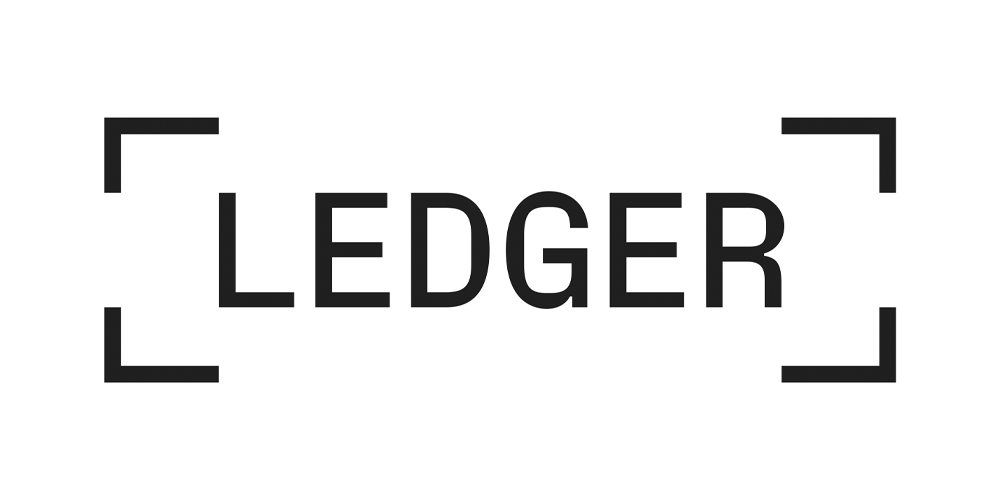The Breakdown of Trust with Doomberg
Where to find the show
Download Episode MP3 File
The file will open in a new window. Click down arrow to download the file.
“One of the things that held up the US dollar hegemony was the state of our institutions and the quality of our financial markets and the rule of law… and the level of corruption and criminality that is on blatant display in Washington D.C is appalling. Once you lose your ethical framework as a society, what do you have?”
SHOW DESCRIPTION
Doomberg is an anonymous collective producing the world’s most popular financial substack. In this interview, we discuss the state of scientific research in the context of the potential game-changing implications that a room-temperature superconductor may have been developed. We talk about the framework for evaluating such claims, the importance of critical thinking, and a range of other current topics of debate.
- - - -
In the digital age, reducing the electrical resistance of conducting materials is one of the major problems scientists are working on; such resistance leads to energy loss in the form of heat, and thereby, the inefficient transmission of electricity and increased costs. The US energy grid loses about 5% of electricity through transmission lines due to such resistance, enough energy to power the whole of Central America 4 times over.
The innovation that overcomes the resistance issue is superconductivity: the phenomenon where certain materials can conduct electric current with zero resistance so there is no energy loss due to resistance and no heat generation. Further, superconductors can carry electric current indefinitely without any degradation of the signal, making them incredibly efficient.
Superconductivity’s impact on technological progress is significant. It enables the development of more efficient electrical systems beyond power transmission: it has revolutionized fields such as medical imaging, particle accelerators and quantum computing. It could also lead to breakthroughs in fields like transportation, where superconducting materials could create highly efficient electric motors or levitation systems for maglev trains.
However, traditional superconductors require extremely low temperatures, often near absolute zero, making their implementation and maintenance expensive and impractical. If superconductivity could be achieved at or close to room temperature, it could herald a new technology revolution. So, when South Korean researchers recently announced the discovery of a new room-temperature superconductor material called LK 99, ‘X’ (i.e. Twitter) went crazy.
However, there is a massive gap between claims of scientific breakthrough and peer-reviewed validation. Unfortunately, in this case, other researchers are struggling to replicate the original work. As such, whilst the excitement around such news is obviously merited, we need all to remain rooted in the methodical scientific method, which is predicated on scepticism. As Carl Sagan stated, “extraordinary claims require extraordinary evidence”.
TIMESTAMPS
00:02:35: Introductions
00:03:30: Superconductors
00:17:36: Cancer breakthrough
00:26:01: Aliens
00:28:18: BRICS currency, and peak cheap oil
00:37:17: Saudi Arabia in sport and tourism
00:40:06: Next presidential election
00:47:06: Argentina and hyperinflation
00:54:54: El Salvador, and the rise of populism
01:01:11: X vs Substack
01:08:43: Final comments
SUPPORT THE SHOW
If you enjoy The What Bitcoin Did Podcast you can help support the show by doing the following:
Become a Patron and join our Discord to get access to shows early or help contribute
Make a tip:
Subscribe on iTunes | Spotify | Stitcher | SoundCloud | YouTube | TuneIn | RSS Feed
Leave a review on iTunes
Share the show and episodes with your friends and family
Subscribe to the newsletter on my website
Follow me on Twitter Personal | Twitter Podcast | Instagram | Medium | YouTube
If you are interested in sponsoring the show, you can read more about that here or please feel free to drop me an email to discuss options.
SPONSORS
SHOW NOTES
Connect with Doomberg:
On Twitter
Doomberg Newsletter
Mentioned in the interview:
The Superconductor Sensation Has Fizzled, and That’s Fine | Scientific American
Dollar Milkshake Theory Explained - Shawn O’Malley | TIP Network
Nayib Bukele on Twitter: “raducción al español del reporte de J.P. Morgan sobre El Salvador:...”
Other Relevant WBD Podcasts:











